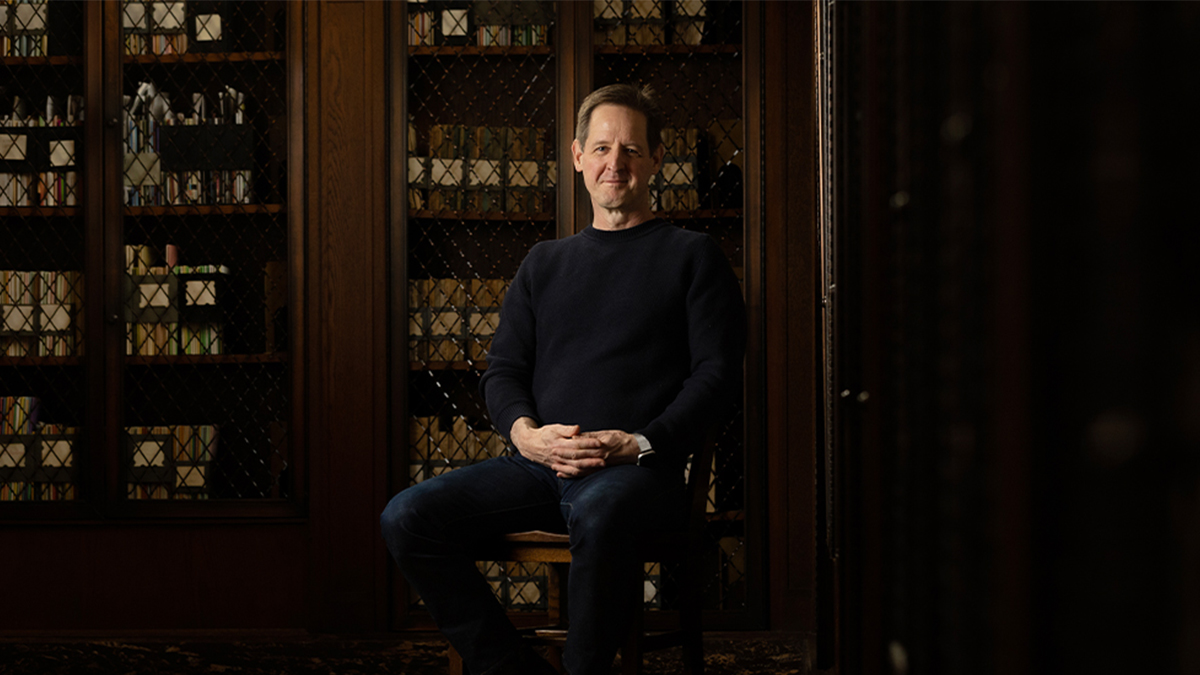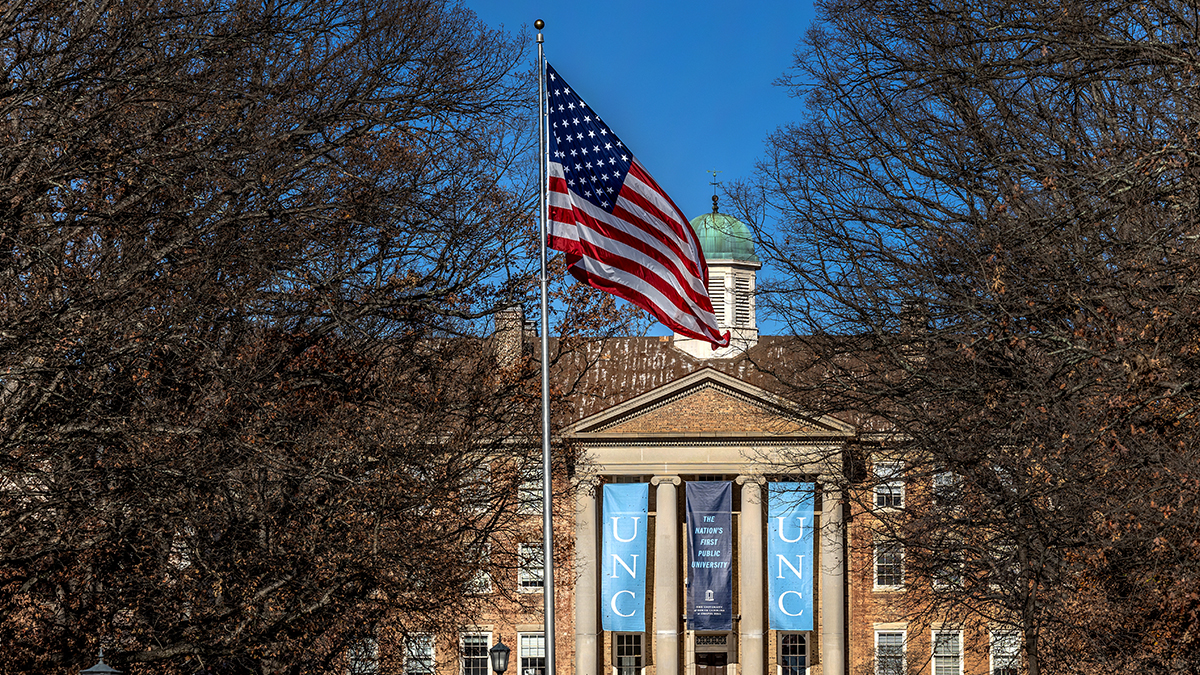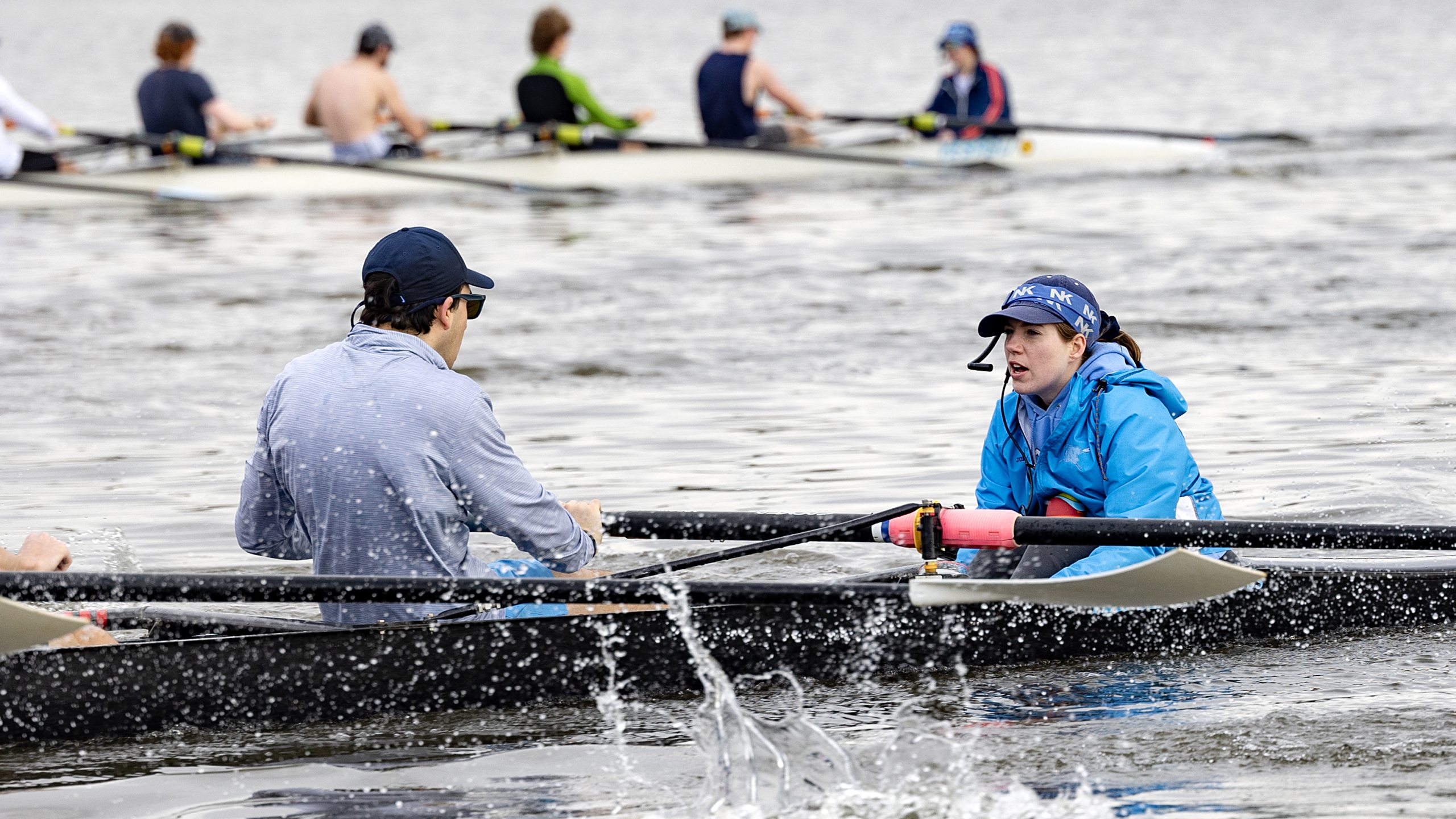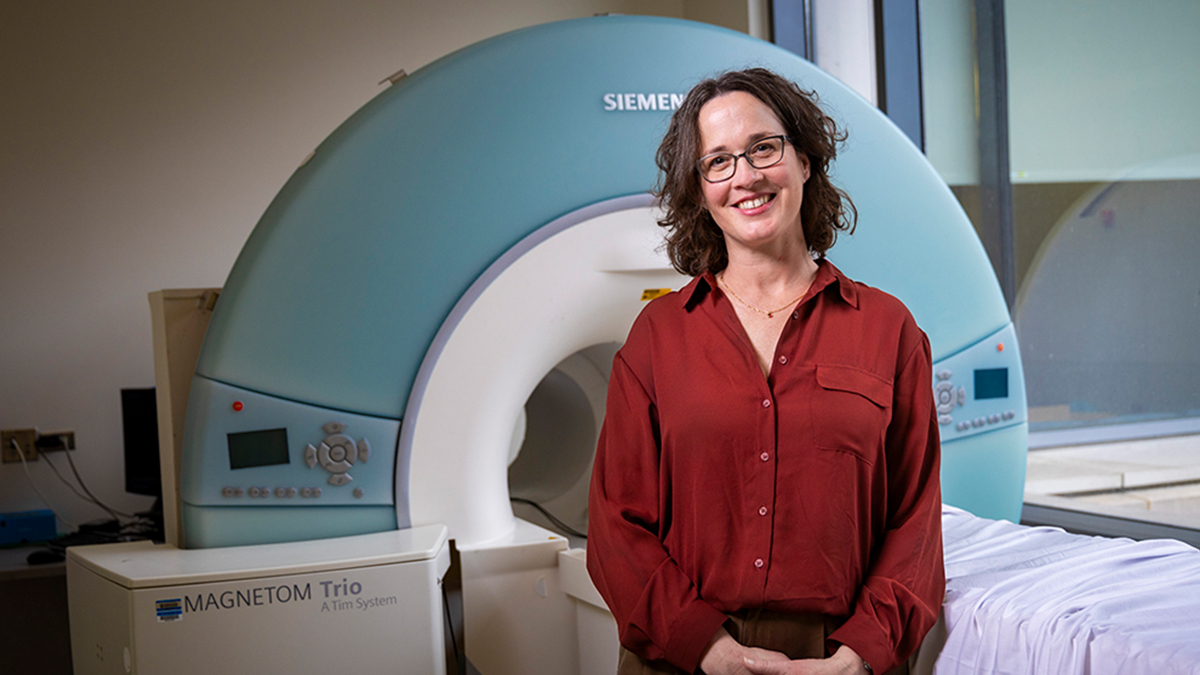Graduating senior redirects his career at Carolina
Khristopher Lane had his eyes set on a career in the Army since he was a child. When that goal came to an abrupt halt because of a medical condition, he was forced to shift gears. Through C-STEP and Carolina, the graduating senior found a path to a new career in biomedical engineering.
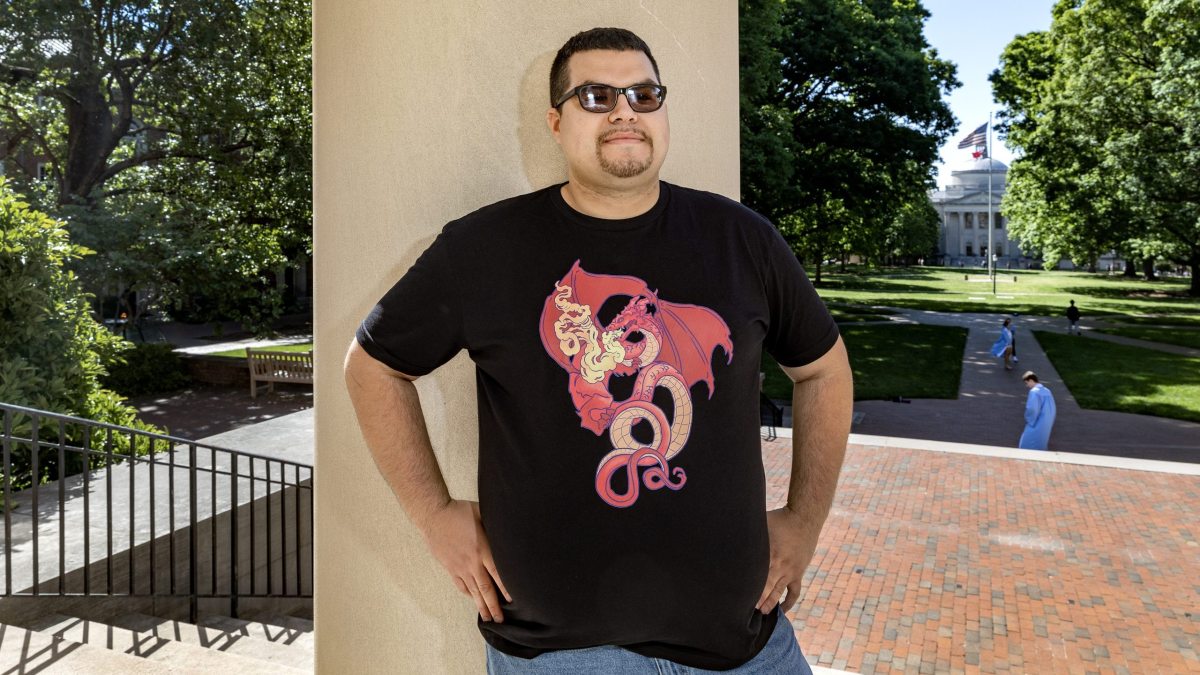
Khristopher Lane had his post-high school career all planned.
He was going to follow in his father’s footsteps into the Army and serve his country. That trajectory was going smoothly. After high school, he enlisted in the Army as a combat engineer, supporting infantry units on the ground by analyzing combat areas for explosives.
Then, just two years into his military career, a medical condition resulted in an honorable discharge in 2013 and sent Lane’s lifetime of plans into disarray.
“I loved my job,” Lane said. “I didn’t know what else to do because I always wanted the military and nothing else. When I got out, I didn’t know what to do. I had no motivation to do anything.”
With the encouragement of his father, Lane moved home and enrolled at Fayetteville Technical Community College to begin charting a new course. Jumping between fields of study — from nuclear medicine to nursing to electrical engineering — Lane struggled to find his footing until he met Loutricia Nelson, a C-STEP coordinator. She not only helped steer his academic path but turned his attention to a field that combined all of his interests into one: biomedical engineering.
“I was like, ‘What is that?’ I researched it and thought, ‘Oh my God. This is math and science together,’” Lane recalled. “I decided to go that route, and Ms. Nelson told me there’s a program for biomedical engineering [at Carolina]. That’s what hooked me in.”
This weekend, nearly 10 years after he was forced to redirect his future, Lane will graduate with a bachelor’s degree from the UNC-Chapel Hill and NC State Joint Department of Biomedical Engineering, setting the Tar Heel up for a promising career he couldn’t have imagined a decade ago.
Finding direction
Lane didn’t intend on going into health care after separating from the Army. It happened by accident.
“I thought nuclear medicine was a branch of nuclear engineering. I didn’t do a lot of research back then,” he said.
The mistake opened a new world for Lane, who quickly found a passion for working with patients. He began taking nursing courses during his second year at Fayetteville Technical Community College and became a certified nursing assistant, working at a dementia facility, to get hands-on experience in the field.
Nearly finished with his associate degrees in general education and engineering, Lane decided to stop pursuing the nursing program and instead finish his degrees and figure out his next step after community college. At the same time, Lane met Nelson, an advisor for Carolina’s C-STEP program. C-STEP prepares community college students to transfer to and graduate from Carolina. The program partners with 14 community colleges across the state to identify talented low- and moderate-income students and then guarantees their admission to Carolina after they earn an associate degree and meet other requirements.
“I wanted to apply to C-STEP because [Nelson] convinced me that if I had a good education, I might have a great career in the future,” Lane said. “If I joined C-STEP, it’d be easier to transfer into UNC and a chance to get into [the biomedical engineering] program.
“C-STEP is a big part of my life. If I had never heard of C-STEP, I probably would have never come to UNC. I am really grateful. It kind of feels like fate a little bit because C-STEP guided me and put me on the right path.”
A new career path
Lane transferred to UNC-Chapel Hill and the biomedical engineering department in the fall of 2020.
“It was smooth because of C-STEP,” he said. “When we came here, we did lots of tours and looking around, seeing the academic advising, the financial aid people. It helped for a very easy, smooth transition and to get comfortable with the area. When I was first here, I wasn’t lost or confused because I knew exactly where to go.
The support from C-STEP allowed Lane to focus on school, even adding a chemistry minor. In the biomedical engineering program, he specialized in pharmaceutical engineering, studying the design and manufacturing of devices on the molecular level to assist in drug development and drug delivery improvements.
The biomedical engineering program allowed Lane to study at both Carolina and NC State and take advantage of the strengths of both universities. While Lane was excited to be on the career track he had chosen, reaching graduating day wasn’t easy.
“It takes a lot of time because it’s a very tough program,” he said of the program. “The hard part is just sticking with it because the first couple of classes are just basic math, physics and health sciences. But as you advance, there’s much more application. It’s just not the application of how to do design and manufacturing, but also how to deal with the regulations and the business and entrepreneurship side.”
Lane said the sacrifice and determination to excel in the program was worth it. Ten years after scrambling to find direction, Lane is now ready to launch into his next career.
“I’m very proud of myself because I stuck to it,” Lane said. “I didn’t give up. I kept focusing on what I wanted to do to make a better life for myself.”
